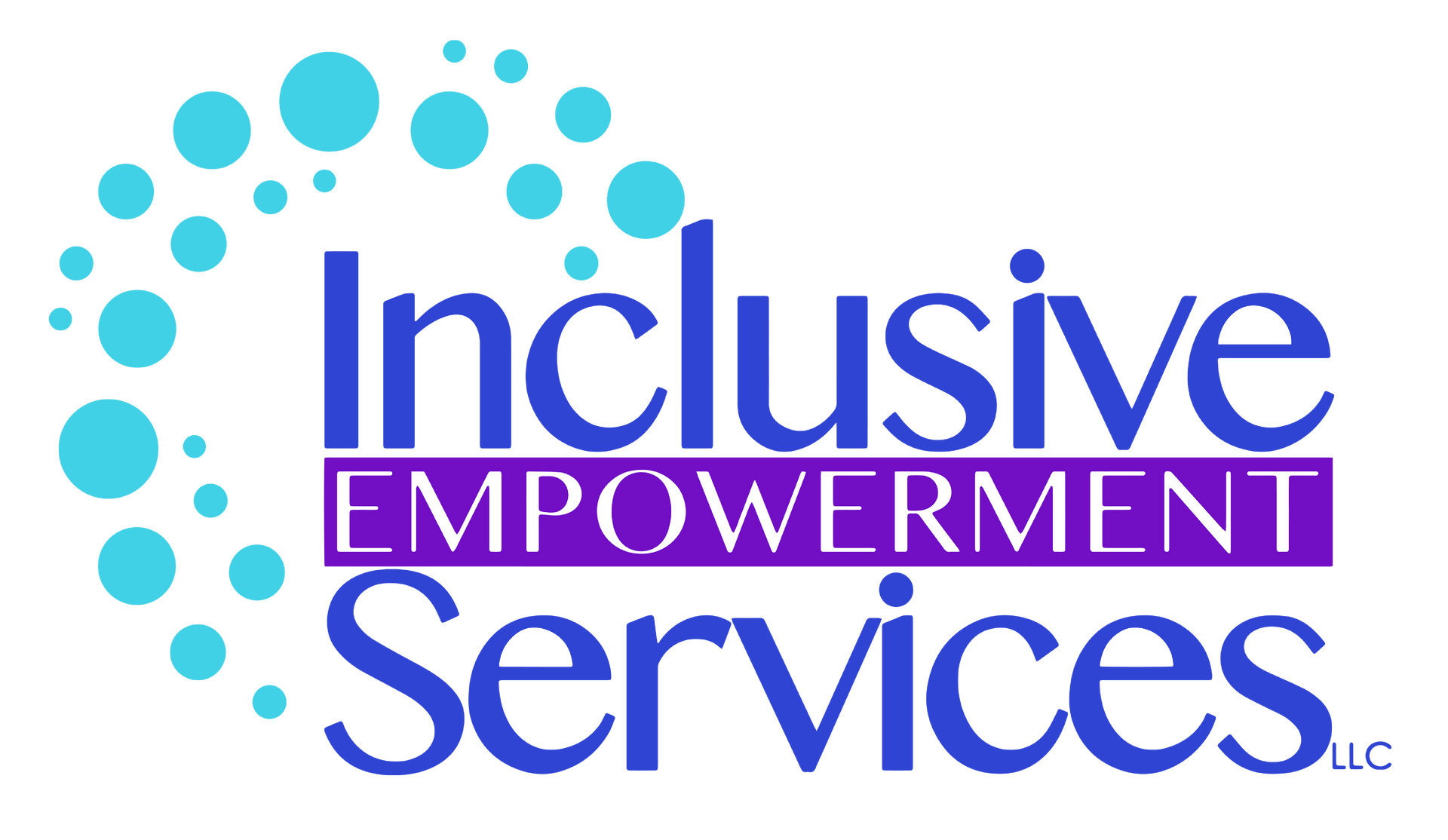<--- Haz clic en la bandera para la página en español
Creating a positive inner voice involves changing your self-talk and inner dialogue from self-criticism and negativity to self-compassion and positivity. Cultivating a positive inner voice can boost self-esteem, reduce anxiety and depression, and improve overall well-being. Here are steps to help you develop a more positive inner voice:
Awareness: Start by becoming aware of your current inner dialogue. Pay attention to the thoughts and messages you tell yourself. Are they predominantly negative or critical? Identifying these patterns is the first step toward change.
Challenge negative thoughts: When you notice negative self-talk, challenge it. Ask yourself if there is evidence to support these negative beliefs. Are they based on facts or assumptions? Often, negative thoughts are exaggerated or distorted.
Practice self-compassion: Treat yourself with the same kindness and understanding that you would offer to a friend. When you make a mistake or face a setback, respond to yourself with self-compassion rather than self-criticism. Remind yourself that everyone makes mistakes, and it's an opportunity for growth.
Affirmations: Use positive affirmations to counteract negative self-talk. Create a list of affirmations that reflect your strengths, values, and goals. Repeat them regularly to reinforce positive beliefs about yourself.
Challenge perfectionism: Perfectionism often leads to self-criticism because it sets unrealistic standards. Embrace the idea of progress, not perfection. Accept that making mistakes is a natural part of learning and growing.
Practice gratitude: Focus on the positive aspects of your life and yourself. Regularly express gratitude for your strengths, accomplishments, and the things that bring you joy. Gratitude can shift your perspective toward positivity.
Surround yourself with positivity: Spend time with people who uplift and support you. Avoid toxic relationships that fuel negativity. Surrounding yourself with positive influences can help
Mindfulness and meditation: Engage in mindfulness practices and meditation to quiet your mind and observe your thoughts without judgment. This can help you become more aware of negative thought patterns and detach from them.
Challenge negative self-comparisons: Avoid comparing yourself unfavorably to others. Recognize that everyone has their unique strengths and weaknesses. Focus on your personal growth and progress.
Seek professional help: If negative self-talk and self-criticism are deeply ingrained or significantly affecting your mental health, consider working with a therapist or counselor. They can help you explore the roots of your negative beliefs and provide strategies for change.
Journaling: Write down your thoughts and feelings in a journal. This can be a therapeutic way to process negative emotions and challenge negative beliefs. You can also use your journal to track your progress in developing a positive inner voice.
Visualization: Imagine yourself succeeding, achieving your goals, and feeling confident. Visualization techniques can help reinforce positive self-beliefs.
Remember that changing your inner voice takes time and practice. Be patient with yourself, and don't expect instant transformation. Consistency is key, and over time, you can cultivate a more positive and supportive inner dialogue that enhances your self-esteem and overall well-being.


Elisa Pérez-Arellano, LMSW
Founder, CEO and Lead Therapist
313 N River Ave Ste. 103
Holland, MI 49424
616-635-3107
elisa@616ies.com
www.616ies.com
Inclusive Empowerment Services does not discriminate on the basis of race, ethnicity, color, religion, caste, creed, sex, age, marital status, national origin, legal status, mental or physical disability, veteran status, sexual orientation, gender identity and expression, and any other class of individuals protected from discrimination under state or federal law.




